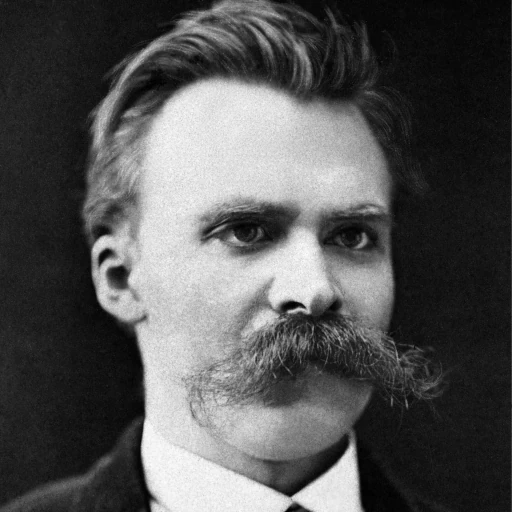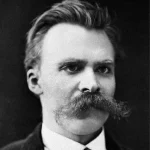“I assess the power of a will by how much resistance, pain, torture it endures and knows how to turn to its advantage.”

- October 15, 1844 – August 25, 1900
- Born in Germany
- Philosopher, poet, and classical philologist
- With works such as “Thus Spoke Zarathustra,” “Beyond Good and Evil,” and “The Genealogy of Morals,” he questioned traditional morality, religion, and truth, and had a major impact on modern philosophy.
Quote
“I assess the power of a will by how much resistance, pain, torture it endures and knows how to turn to its advantage.”
Explanation
In this quote, Friedrich Nietzsche emphasizes that the strength of an individual’s will—their ability to persevere and overcome obstacles—can be measured by their ability to endure hardship and transform that suffering into a source of personal power. Nietzsche suggests that true strength is not found in the absence of difficulties, but in how one responds to them. The greater the resistance, pain, or challenge a person faces, the more capable their will is if they can use that adversity as a tool for growth and self-improvement.
This idea aligns with Nietzsche’s broader philosophy, which values the embrace of struggle as a means of achieving greatness. He often contrasted “weakness”—the avoidance of hardship and difficulty—with the strength found in overcoming pain. For Nietzsche, the ability to use suffering constructively is central to achieving personal transformation and fulfilling one’s potential. Historically, this reflects Nietzsche’s opposition to a culture that sought comfort and avoidance of struggle, which he viewed as leading to mediocrity rather than greatness.
In contemporary life, this idea can be applied to individuals who face significant challenges, such as those dealing with mental health struggles, physical disabilities, or personal losses. Rather than being defeated by these adversities, many people use them to build resilience, develop new skills, or gain a deeper understanding of themselves. For example, athletes often endure intense physical pain and mental exhaustion, yet they use these experiences to enhance their performance and mental fortitude. Nietzsche’s perspective encourages individuals to see difficulty not as a setback, but as an opportunity to forge a stronger will and achieve greater personal growth.


